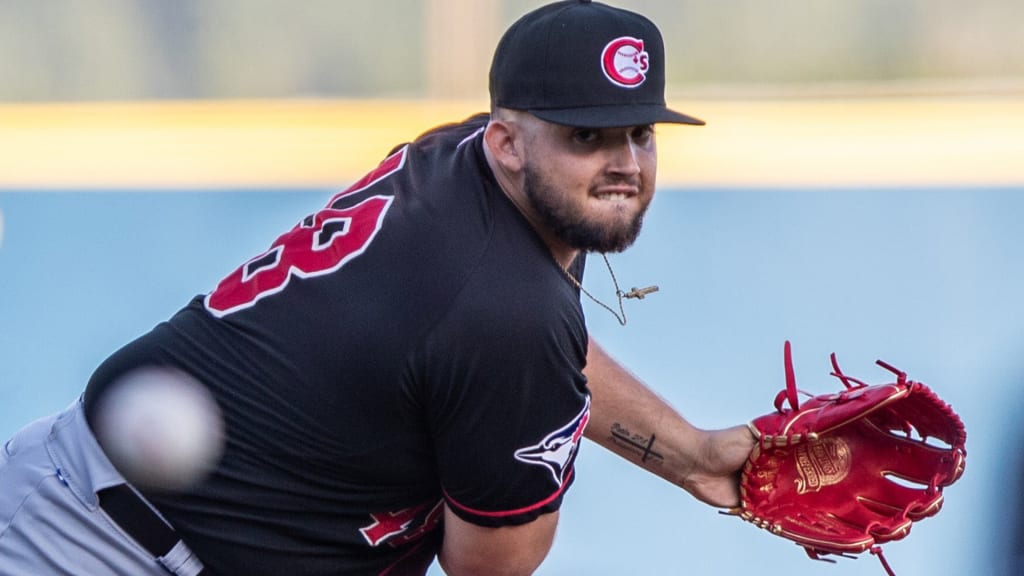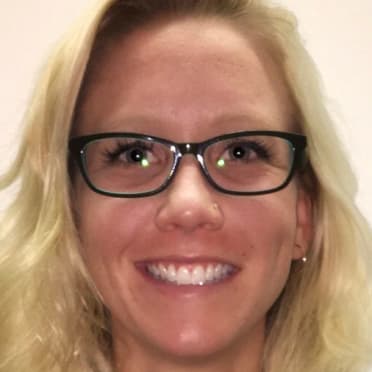
Alek Manoah knows exactly who he is and who he wants to be.
The 6-foot-6, 260-pound right-hander from Miami spent his amateur playing days growing into the man and pitcher he is now at 21 years old, and while he takes pride in continuing the learning process, Manoah is also proud of who he’s become and what aided him in getting to where he is.
“College helped me tremendously,” the former West Virginia Mountaineer said. “With the on-field stuff it helped a lot too, but off the field, learning time management, how to really deal with certain adversity off the field, class schedules, tutors, finding a way to go to practice and finding a way to live life a little bit as well.
“The biggest thing was just trying to figure out who I wanted to be as a person, also as a baseball player, and that’s what helped me on the field. Once I figured out who I wanted to be, I was able to take that and put it towards baseball. That really helped me prepare for this now.”
Now Manoah, the Blue Jays’ No. 4 prospect per MLB Pipeline, is a member of the Short-Season Class A Vancouver Canadians squad, with four abbreviated starts under his belt since Toronto made him its first-round selection in this year’s MLB Draft. With Vancouver, the big righty has allowed two runs over nine innings with three walks and two hit batsmen to go along with 14 strikeouts, resuming his education in the entirely new setting of professional baseball.
“I continue to learn everything,” Manoah said. “There’s constantly new things that are being thrown at me and how you react to those situations is the biggest thing. One of the things I’m pretty good at doing is making a mistake and never letting it happen again.
“Everybody makes mistakes, none of us are perfect, but the biggest thing to do when you make a mistake is to react to it in a positive way, to take ownership, and find a way to get better from it. The biggest thing is trying to learn from everything and no matter what’s in front of me, trying to stay positive and understand there’s a reason behind it happening, and try and get better.”
Manoah’s life philosophy came from an early education, starting at home with his mother Susana, and carrying over into every facet of what he’s experienced so far.
“Growing up in my household, the way my mom raised us, you have to try to get better every day,” Manoah said. “When you’re trying to do things that people don’t do on a daily basis, there really is no right or wrong way to do it, but sometimes you make mistakes along the way that you have to learn from. First of all, you have to realize you made the mistake, because if you continue to just make the same mistakes, then they’re no longer mistakes, it’s just who you are.”
Who Manoah wants to be is someone his teammates, friends and family can look to when times are tough, or even when they aren’t, as a reliable source of consistent positivity and support.
“I’ve gone through a lot of adversity in my life and my career, and one of the biggest things I always tell myself to keep myself positive is that it’s always worse somewhere else,” Manoah said. “It could be a lot worse than it is right now. I try to be a positive influence on other people and work extremely hard and be a leader through my actions.”
The hard work the hurler has put in to earn his spot in pro ball has helped Manoah become a three-pitch threat, with a power fastball and slider to go along with a solid changeup, and control that has developed into an above-average tool. It has also helped him navigate his first season as a professional, satisfying the curiosity he had when he left the Mountaineers.
“Some of the questions I had were how to attack every level, because I know some leagues are hitters’ leagues and some are pitchers’ leagues, and there are a lot of strengths and differences with each league -- it doesn’t matter how high you go,” Manoah said. “That was one of the things, but I need to continue to remind myself that I am who I am and the mound is still 60 feet, six inches from the plate. I just still need to go out there and make pitches."
